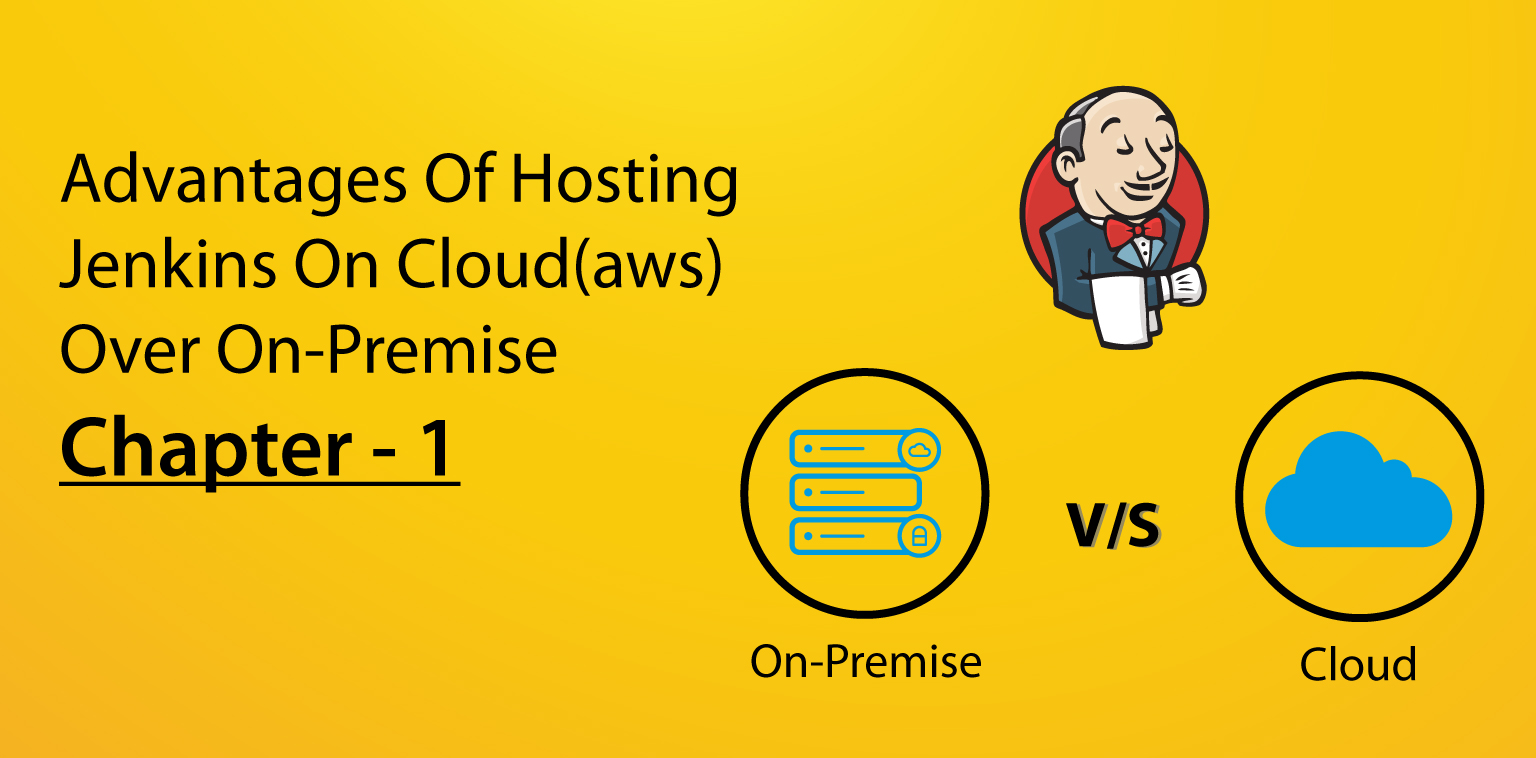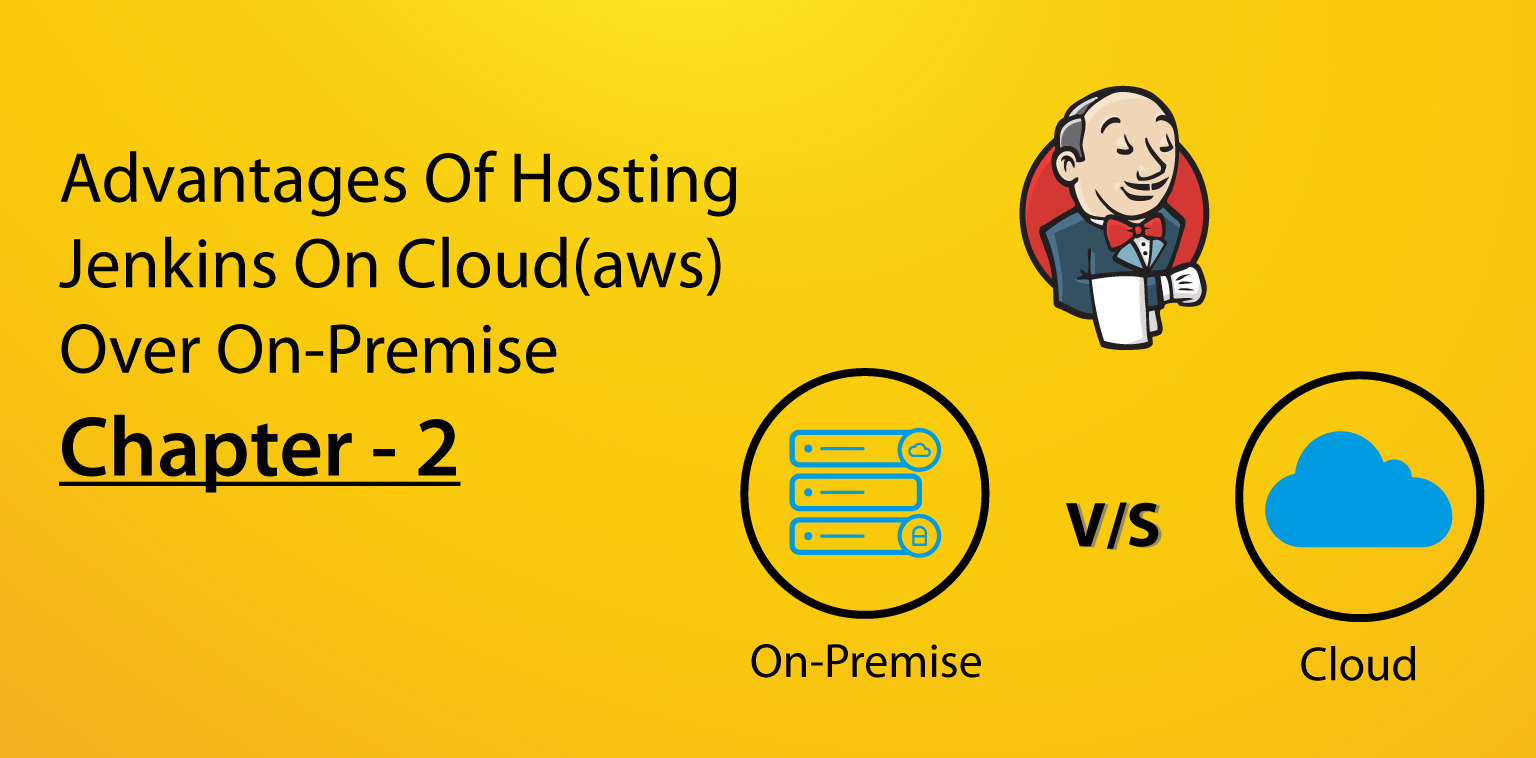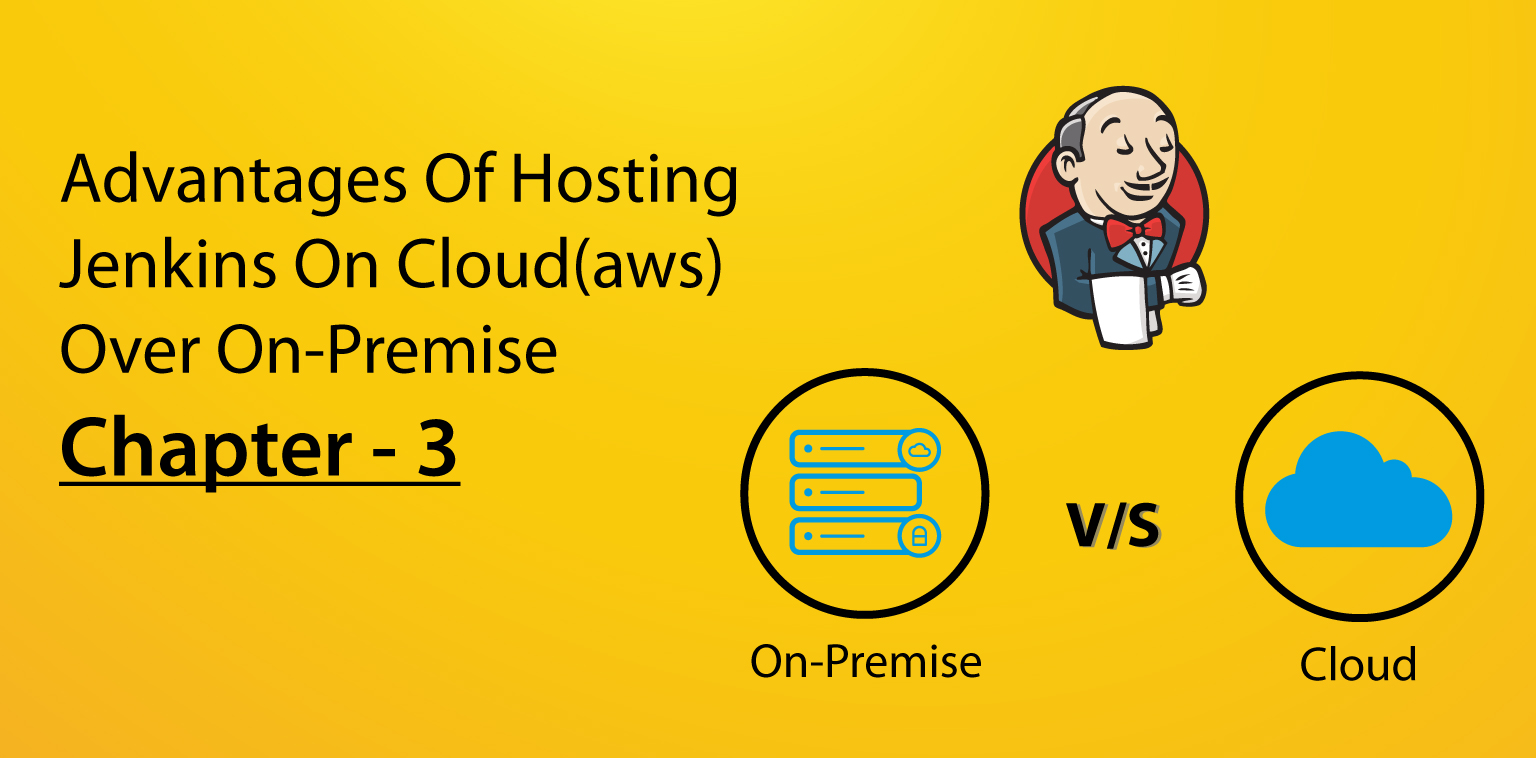Every DevOps engineer who manages Continuous Integration (CI)/Continuous Delivery (CD) using Jenkins or similar tools would have asked himself at-least once “Should I opt for cloud hosted Jenkins or on-prem one?”


Every DevOps engineer who manages Continuous Integration (CI)/Continuous Delivery (CD) using Jenkins or similar tools would have asked himself at-least once “Should I opt for cloud hosted Jenkins or on-prem one?”

Let’s first see what can be the traditional approach of using Jenkins in any organization, it’s architecture and the limitations of the same.Topic is further divided into 2 subtopics for better understanding.

We’ve seen that the traditional Jenkins setup has many disadvantages and can impact the release management process badly.In below topics, will see how a scalable and self-reliant Jenkins setup will look like and will assume the setup to be hosted on AWS.